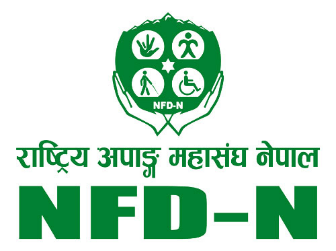Barriers Analysis in Improving Inclusive Education in WASH GAINS Project Schools in Bardiya District
The report titled “Barriers Analysis in Improving Inclusive Education in WASH GAINS Project Schools in Bardiya District” presents a comprehensive assessment of the institutional, socio-cultural, and accessibility-related barriers that hinder the meaningful inclusion of children with disabilities in mainstream education. Conducted under the WASH, Gender, and Adolescent Inclusive School in Nepal (WASH GAINS) initiative, the study employed a qualitative methodology, gathering insights through focus group discussions and key informant interviews with a diverse range of stakeholders—including children with disabilities and their families, school staff, local government representatives, and members of Organizations of Persons with Disabilities (OPDs).
The findings highlight persistent gaps in the implementation of inclusive education policies, teacher preparedness, accessible infrastructure, and public awareness. These challenges underscore the urgent need for coordinated, multi-sectoral efforts to promote disability-inclusive education in Nepal.
This study was led by the National Federation of the Disabled Nepal (NFDN) in close coordination with its federal and provincial structures. Special appreciation is extended to Ms. Jalasa Sapkota, Federal Project Focal Person, for her consistent coordination; Mr. Laya Prasad Upreti, Administration Manager, for his logistical and administrative support; and to NFDN’s leadership—President Mr. Devi Datta Acharya and General Secretary Mr. Sugam Bhattarai—for their strategic guidance and encouragement throughout the process.
The successful completion of this research was further enabled by the collaborative support and technical guidance of WaterAid Nepal’s teams in both Kathmandu and Bardiya. We gratefully acknowledge the contributions of Mr. Uma Shankar Yadav, Mr. Binesh Roy, Mr. Sarbegya Shrestha, and the entire WaterAid Nepal team.
We also extend sincere thanks to Ms. Uma Chaudhari, Project Coordinator, for her vital facilitation and field-level coordination.
Special recognition goes to the Blind Youth Association Nepal (BYAN), which conducted this research under the supervision of its Director, Mr. Nir Shrestha. The dedicated efforts of the research team, particularly Mr. Kaladhar Bhandari, were instrumental in the successful execution of this study.
The full report can download from here. (Right Click and “Save Link as….”)

